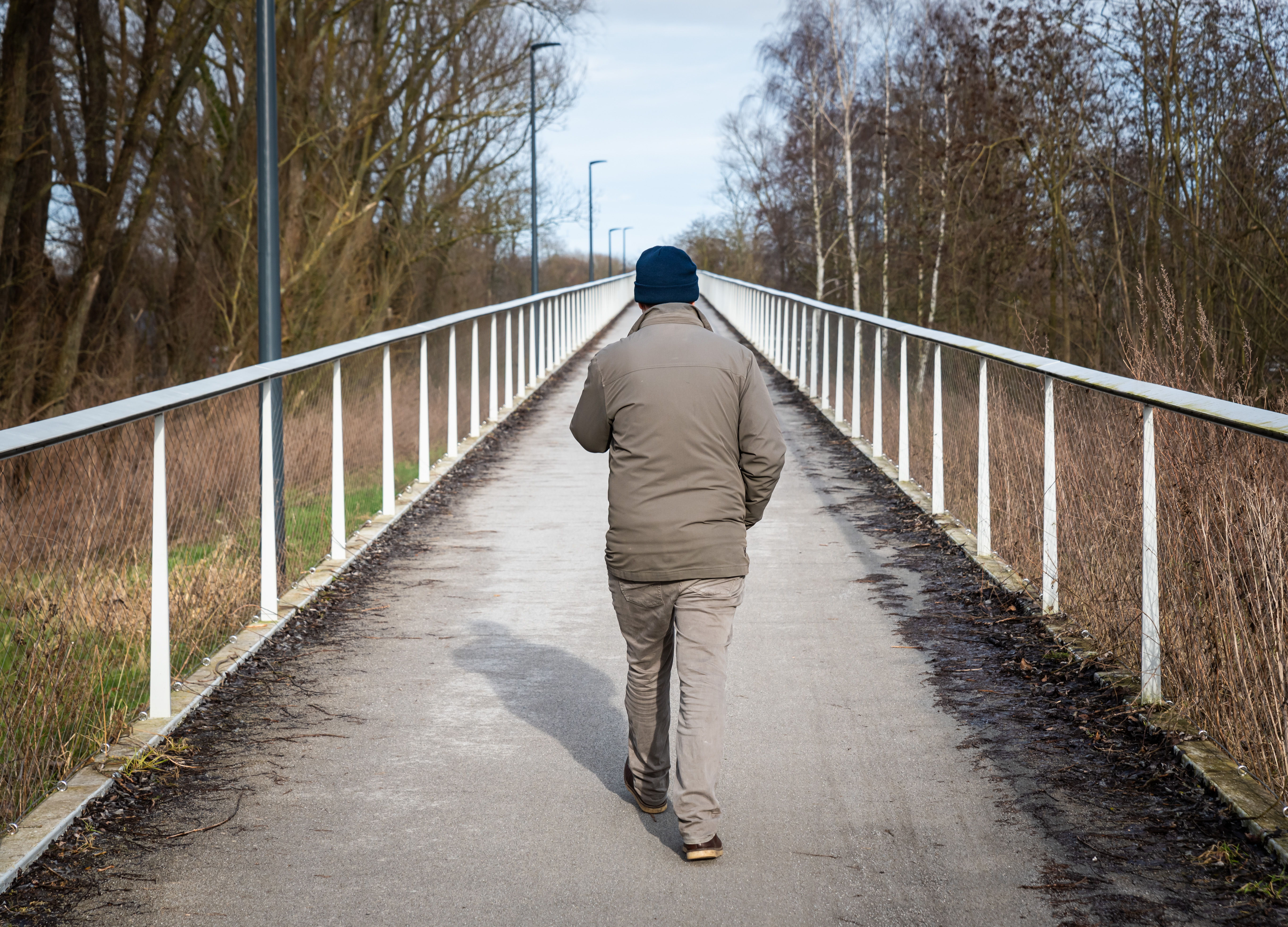Elections 2024: Expat perspectives on Belgian politics: Karam

When Karam (real name redacted) fled Palestine and moved to Belgium two years ago, he was surprised by the lack of community he found. “In my culture, people say hello to people on the street. Here not,” he says. Nevertheless, he has made a place for himself in Ghent with an international group of friends from Belgium, the US and South Korea. When asked about politics, he says he believes people must work together to achieve a shift. “I am one person. I can’t do much, but if we are together, we can change.”
Karam left Palestine at the age of 27 after working as an independent journalist and a correspondent for news outlets Al Jazeera and Intercept. The violence he experienced and witnessed growing up in the conflict-plagued region pushed him to gather enough money to speed up the process of exiting Palestine through Egypt.
“I was tired of seeing conflict, and I knew a bigger war was coming,” he says. He had seen parts of Europe as a child and chose Belgium for its location at the centre of the EU, and he now works here as a freelance journalist.
Forced division
As a Palestinian, Karam is no stranger to cultural and land divisions. When he looks at Flanders and Wallonia, he questions why the two regions attempt to separate themselves. “I do not support the splitting of the country,” he says. “When you are weak, everyone wants to eat you. When you create enemies, you will never win.”
He recalls a conversation with a man from Ostend who stated his wish for an independent Flanders. “He told me that Flemish money is going to Wallonia and that we should not be responsible for them,” Karam remembers. “But Wallonia used to be the richer region. Things can shift, and in the process of leaving or blocking, it will kill the multicultural aspects each side has to offer.”
"I lived in the worst place for politics; all it does is cause pain"
Karam’s feelings towards politics, whether in his home country or in Belgium, remain the same: “I hate politics. I lived in the worst place for politics; all it does is cause pain.” He views the many governments in Belgium as a complication that society must weather but does see the benefit of voting locally. For him, local change is the only way forward and communities are better suited to make that change more effectively than larger government bodies.
While he is not registered to vote, he says that even if he were, he would not want to, believing that the right-wing parties are guaranteed power in the upcoming elections. “I believe in balance. If you are too extreme right or left, it is not good,” he says. “Extremists want you to follow what they believe. If you do not follow them, then you are against them; it is the same rhetoric everywhere.”
Karam believes that improved communication is crucial for Belgium’s future political endeavours. He is critical of the country's numerous governments, arguing that if locals struggle to comprehend the political structure, it is even more challenging for foreigners.
He suggests that a clearer pathway to understanding Belgium’s complex political history could foster greater interest among foreigners, amplifying their voices. He also advocates for more social connection. “You do not feel that people are part of a society here. People are isolated and very individual. To address this, we need to create social activities that bring people together," he says.
His criticism of Belgium is tempered by his unwavering optimism for the human spirit. “My vote goes to humanity and justice,” he says. On his impressions of the country he has made a new home in, he says: “Belgium: Complicated, crazy, beautiful.”
© PHOTO BELGIAN FREELANCE
Related news

